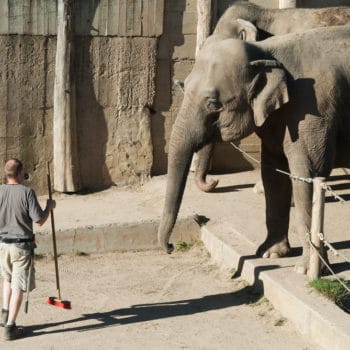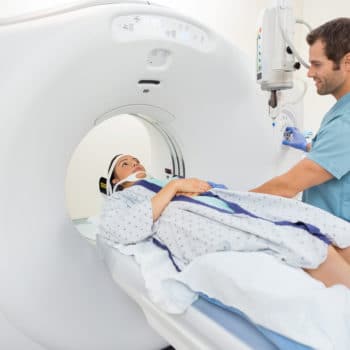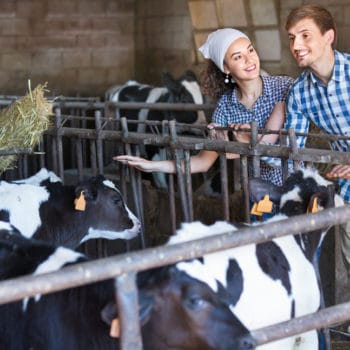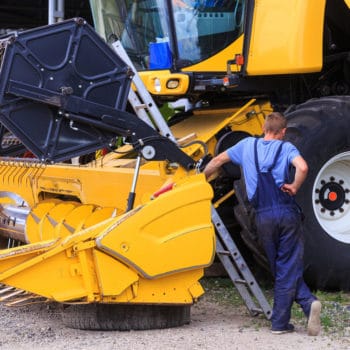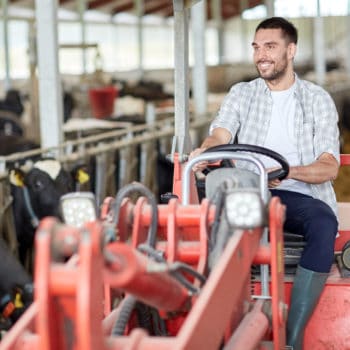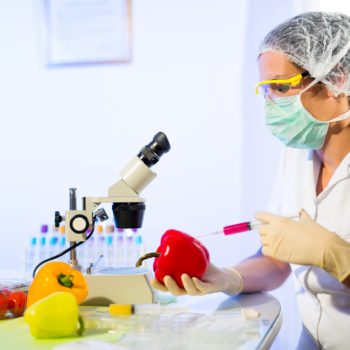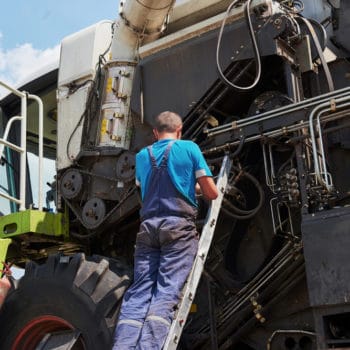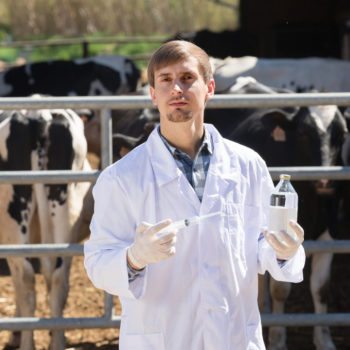Why We Love It
-
$44,650Potential Avg. Salary
-
-1.4%Job Growth Rate
-
Creativity FocusedCareer Attribute
-
High Job SatisfactionCareer Attribute
Animal breeders encourage the reproduction of animals to produce either desirable animal breeds or desirable traits in animals. For example, an animal breeder may specialize in producing and selling a rare dog breed, or they may work to breed livestock that tend to produce higher amounts of milk.
Recommended Schools
What is an Animal Breeder?
The following job responsibilities are common for individuals in animal breeder roles:
- Breed animals to produce higher numbers of desirable breeds or to expand the bloodlines of animals with desirable traits
- Perform artificial inseminations, or create situations that are conducive to natural breeding
- Evaluate animals produced from breeding to determine if desired qualities are present
- Work with other animal owners and breeders to negotiate mutually beneficial breeding opportunities
- Sell bred animals, acquire the appropriate documentation and paperwork for breeds with certain traits, and enter animals into competitions
A Day in the Life
There are many different types of animal breeders, and the day-to-day role of an animal breeder is highly dependent on the industry a breeder works in. For example, some animal breeders work in agriculture and perform breeding activities in order to encourage the duplication of desirable traits. Breeders may perform artificial inseminations of livestock to expand on desirable traits, such as beef cattle that grow to larger than normal sizes, or dairy cattle that produce higher quantities of milk.
Other animal breeders work for themselves and earn a living by breeding and selling special breeds. They may breed and sell rare breeds of cats, dogs, birds, or fish designed to become pets, or they may breed show dogs or competition horses from award-winning parents. For example, a breeder may breed dogs from parents who’ve won the Westminster Kennel Club Dog Show, or breed horses who’ve won Kentucky Derby races or taken first-place prizes in prestigious equestrian events.
Other animal breeders work in laboratories and breed mice and other animals to be used in research studies and scientific experiments. Breeders in this role may breed animals to ensure enough animals are available for future studies and experiments, or they may breed animals to study the effects of breeding and genetics on subsequent generations of mammals. These studies are used to apply learnings to other areas in order to promote medical and scientific advances.
Typical Work Schedule
There really is no typical work schedule for animal breeders. Those that work in laboratories or on farms may work full-time hours, but they may need to work a variety of shifts to ensure animals are cared for at all times. Those that work as independent breeders may conduct their jobs throughout every aspect of their daily lives by feeding and caring for animals in their home and assisting with births.
Animal Breeder Specializations
- Independent animal breeders encourage the reproduction of specialized breeds or show animals in order to sell animals for a profit.
- Livestock breeders use artificial insemination techniques to maintain livestock populations on farms, or to encourage the distribution of desirable traits in younger livestock generations.
- Laboratory breeders breed animals to be used in scientific or research experiments.
Typical Employers
Animal breeders most commonly work either in either the agriculture or research industries. Those who work outside of these two industries are most commonly self-employed and earn their incomes as independent animal breeders.
Recommended Schools
How To Become an Animal Breeder
The most important characteristic of an animal breeder is a thorough understanding of the animals they breed, the reproduction systems and cycles of those animals, and an adeptness at caring for their animals. This knowledge can come from a variety of sources. Some aspiring animal breeders pursue college certificates and degrees that provide an education in animal biology and care, such as animal sciences, agricultural sciences, or veterinary sciences.
However, formal education is usually only required for animal breeders who work in the research industry. These positions commonly require candidates to have a bachelor’s degree. For livestock and independent breeders, experience in the field is the most important credential. Many livestock breeders are trained on farms where they work with animals every day and learn how to care for and inseminate livestock. Many independent breeders learn from other experienced breeders in the field.
Aspiring animal breeders who are struggling to find the proper training may also benefit from working for non-breeding based businesses in positions where they handle and care for animals. For example, experience working at a zoo, in a pet store, at an animal shelter, or for a veterinarian can yield specialized knowledge about animal physiology and care that can lead to a successful career as an animal breeder.
Animal Breeder Salary Data
We’ve provided you the following to learn more about this career. The salary and growth data on this page comes from recently published Bureau of Labor Statistics data while the recommendations and editorial content are based on our research.
National Anual Salary
Low Range
$28,350Average
$44,650High Range
$75,210National Hourly Wage
Low Range
$14/hrAverage
$21/hrHigh Range
$36/hrHow do Animal Breeder salaries stack up to other jobs across the country? Based on the latest jobs data nationwide, Animal Breeder's can make an average annual salary of $44,650, or $21 per hour. This makes it an Above Average Salary. On the lower end, they can make $28,350 or $14 per hour, perhaps when just starting out or based on the state you live in.
Salary Rankings And Facts
#457 Nationally for All Careers
Programs and Degrees
Here are the most common degrees for becoming an Animal Breeder. a is usually recommended and specifically a degree or coursework that prepares you for the particular field, see below.
Highest Education Among Animal Breeders
- 0.3% Doctorate
- 0.5% Masters
- 3.8% Bachelors
- 3.1% Associates
- 9.6% College
- 26.5% High School
- 56.2% Less than High School
Job Growth Projections and Forecast
2014 Total Jobs
7,0002024 Est. Jobs
6,900Job Growth Rate
-1.4%Est. New Jobs
-100How does Animal Breeder job growth stack up to other jobs across the country? By 2024, there will be a change of -100 jobs for a total of 6,900 people employed in the career nationwide. This is a -1.4% change in growth over the next ten years, giving the career a growth rate nationwide of Below Average.
Growth Rankings And Facts
#647 Nationally for All Careers
What Companies Employ The Most Animal Breeders
| Industry | Current Jobs | New Jobs Needed | % Increase |
|---|---|---|---|
| Animal production and aquaculture | 6,500 | -100 | 0% |
| Support activities for agriculture and forestry | 300 | --- | --- |
| Research and development in the physical, engineering, and life sciences | 100 | --- | --- |

